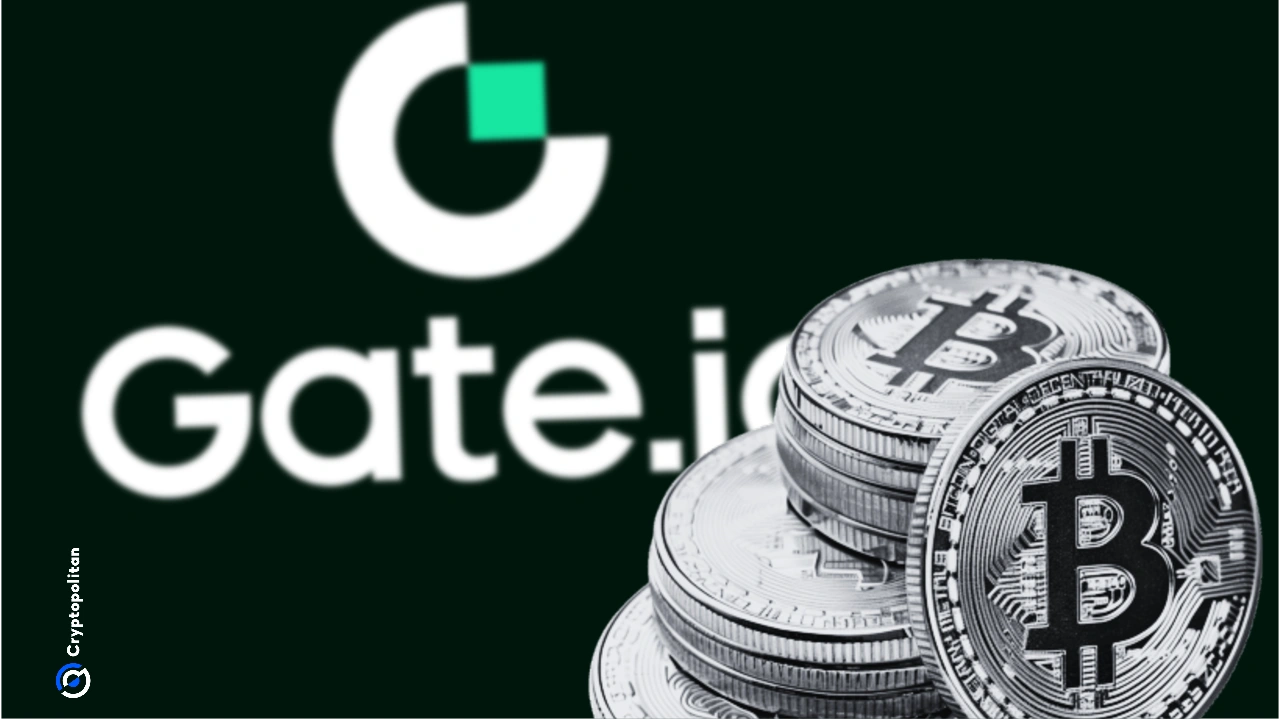The People Power Party (PPP), one of South Korea’s main right-wing political parties, recently announced plans to push forward a new bill to support the country’s cryptocurrency asset sector.
The new legislative initiative, named the ‘Digital Asset Promotion Basic Act’, aims to cement the country’s position as a global leader in blockchain technology and digital assets. Notably, details of the upcoming bill will be revealed next Monday.
Additionally, the nation’s financial authorities announced that they were working on loosening their previously strict rules about the cryptocurrency asset market.
South Korea signals a strategic shift toward embracing digital assets
According to South Korean news agency Newsis, the former ruling party’s policy chief, Kim Sang-hoon, said during a meeting that the country must move past the period of uncertainty and regulation and into the era of promoting digital assets.
Moreover, according to reports, Kim added that an overly regulation-focused policy kept foreign capital out of the domestic virtual asset market due to the government’s anti-money laundering efforts. Based on his argument, the same factors were causing domestic capital to leave the local market.
Kim also described cryptocurrency as an asset class of the new economy that potentially could be the gold store of value of the twenty-first century.
Furthermore, Kim highlighted that in the face of this new frontier, they were unsure, perplexed, and unable to provide a clear direction. He then asserted that they had to shift their focus to initiatives that actively promote and institutionalize digital assets.
According to a January announcement from South Korea’s Financial Services Commission, the ban on institutional investors’ cryptocurrency investments would be gradually lifted to support South Korea’s digital assets.
In January, the Financial Services Commission announced that it would gradually lift the ban preventing institutional investors from investing in cryptocurrencies.
Relatedly, as a follow-up to the nation’s first crypto regulatory framework, the Commission is actively enforcing laws, focusing on stablecoin regulations, token listings, and disclosure requirements.
South Korea’s proposed changes to the Virtual Asset User Protection Act
Earlier this month, South Korean lawmakers proposed amendments to the Virtual Asset User Protection Act aimed at tightening regulations on cryptocurrency exchanges and enhancing oversight of social media chat rooms that promote speculative crypto investments.
The proposal that Min Byoung-dug and Kang Hoon-sik of the Democratic Party of Korea led called these chat rooms to register with the Financial Services Commission as quasi-investment advisory firms. Currently, these entities are prohibited from making false profit rates, guaranteeing returns, or compensating for investment losses.
In addition, the proposed amendments require cryptocurrency exchanges to report any modifications to their terms and conditions to the Financial Services Commission.
Cryptopolitan Academy: Coming Soon - A New Way to Earn Passive Income with DeFi in 2025. Learn More
















No comments yet